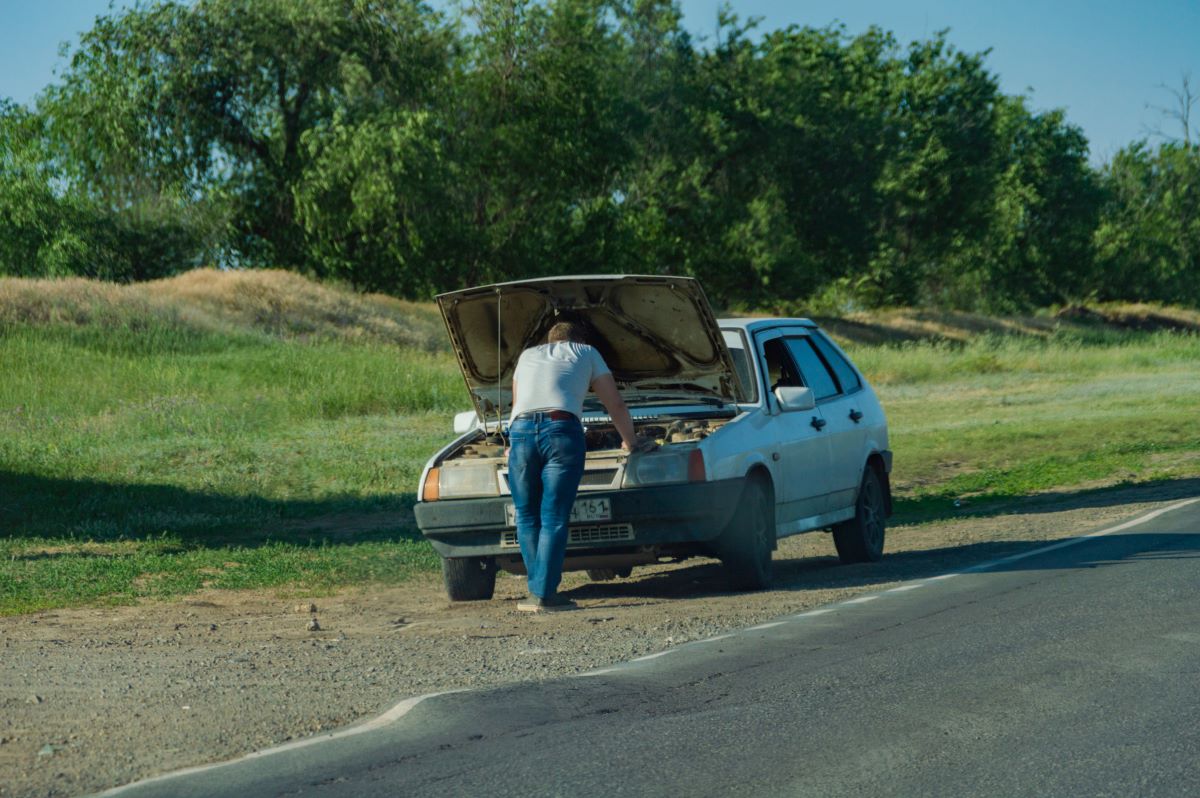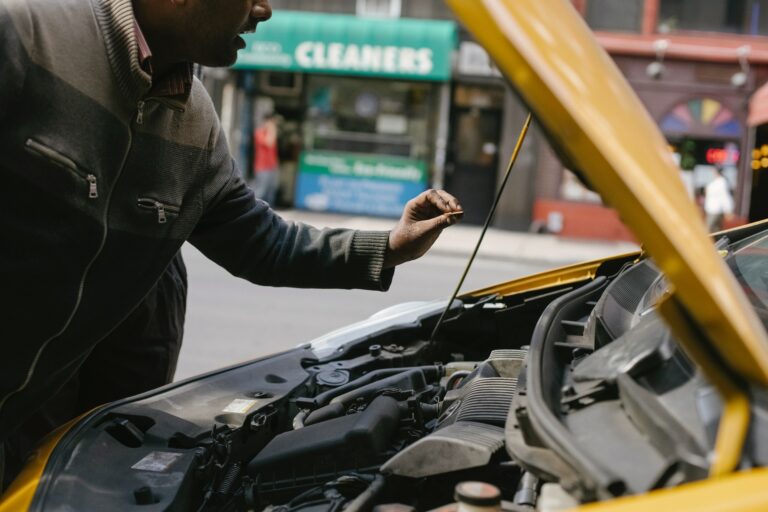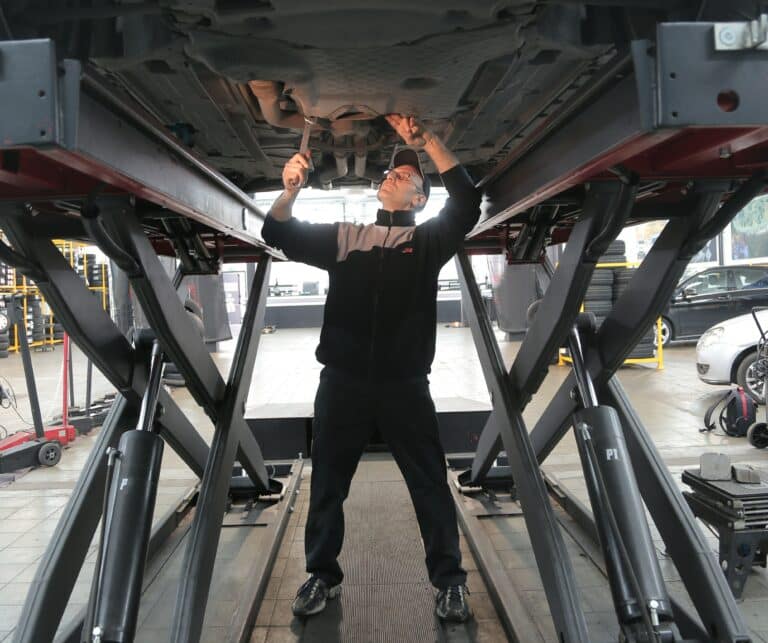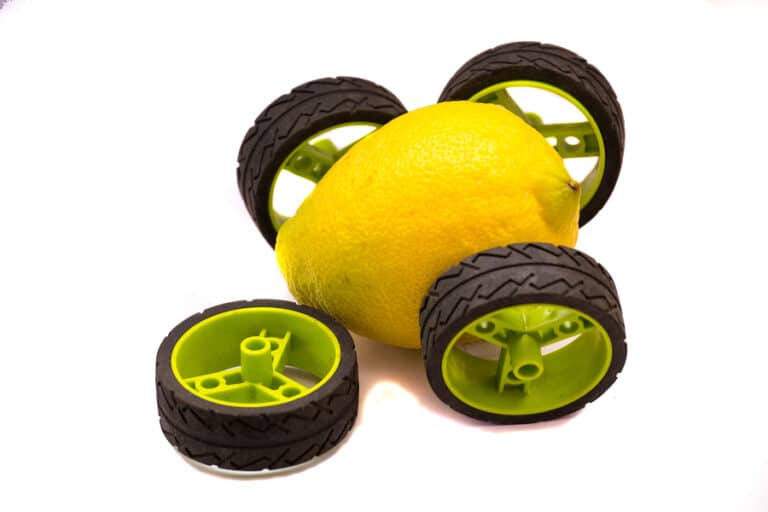
People ask, does the Lemon law apply to used cars? The answer is yes, but only if certain conditions are met. California’s used car lemon law safeguards car owners who have purchased lemon vehicles that are still under warranty and cannot be repaired after a reasonable number of attempts. However, the vehicle must be purchased from a dealer or retailer rather than an individual, and the warranty must meet California’s lemon law requirements.
In California, there are lemon laws that apply to used cars. If a car has a major defect or cannot be fixed after a number of repair attempts, the manufacturer or dealer must either fix it or buy it back from you. If the manufacturer intentionally tries to avoid the lemon law, they may be required to pay for your attorney fees, costs, and possibly civil penalties.
Call For A Free Case Evaluation!
Car’s Extended Warranty
Dealers may offer extended warranties that are actually service contracts. While this might cover the cost of repairs if there’s something wrong with the vehicle, it doesn’t necessarily mean it’s covered by the manufacturer’s warranty. To determine if your used car came with a warranty, check the buyer’s guide. Moreover, it’s important to check if your vehicle is still protected by the original manufacturer’s warranties.
Are You Covered By Implied Warranty of Merchantability?
Your car should be covered by an implied warranty of merchantability unless it was sold “as-is”. This warranty is not written but assures that the dealer promises the car will function as expected. If you bought a used car and it has a major issue that you believe was present at the time of purchase, it’s possible that the dealer breached this warranty.
What About Certified Pre-Owned Vehicles?
A certified used vehicle, which is also referred to as a certified pre-owned vehicle (CPO), is a second-hand car that has undergone inspection, and reconditioning, and meets the minimum set standards by the manufacturer. Usually, these vehicles are less than five years old, have traveled fewer than 60,000 miles, and come with an extension on the manufacturer’s warranties, both limited and powertrain. Many auto manufacturers, such as Mercedes-Benz, Subaru, and Toyota, sell tens of thousands of certified pre-owned vehicles annually.
CPO vehicles undergo a thorough multi-point inspection and are supported by the original manufacturer for a defined period. Although CPO vehicles go through rigorous inspections, this does not mean these vehicles are guaranteed to be safe or reliable. As with non-CPO vehicles, many of these can turn out to be lemons. Fraud frequently occurs when used vehicles are sold. Certain dealers sell pre-owned vehicles that are branded as CPO at inflated prices or make false claims about their certification. Some dealers may also overlook necessary inspections.
Auto brands have different certification programs, which means that a vehicle that passes one program might fail another. This can lead to confusion for consumers who might end up with a vehicle that does not meet the standards advertised by the dealer. Therefore, when buying a used car, it is crucial to ask for inspection reports, conduct a thorough vehicle history check, and carefully read through the title.
When buying, it’s important to carefully check the history and title of a used vehicle, especially if it’s labeled with words like “lemon buyback,” “rebuilt,” or “salvaged.” Additionally, make sure that a vehicle labeled as “CPO” (certified pre-owned) has a history and title that support this certification.
What To Know When Purchasing a Certified Pre-Owned Vehicle at a Used Car Dealership
Dealers are required by state regulations to share significant details about a used car’s history, such as accident and repair records, even if customers do not inquire. Dealers must furnish buyers with inspection reports for all used vehicle transactions, as per the law.
The Car Buyer’s Bill of Rights in California offers protections to individuals buying from licensed dealers in the state. This includes receiving information about the vehicle and the option to cancel a used car purchase. Additionally, there are restrictions on price markups and rules for certifying used cars as “certified.”
Dealers are required to give an itemized price list of all items being financed to both new and used car buyers. There is also a limit on dealer compensation from financial institutions involved with financing the car. When obtaining financing, buyers must be given a Notice to Vehicle Credit Applicant that includes the credit score used by the dealer and information about the credit-reporting agency. It’s important to note that this law doesn’t apply to private sales between individuals, motorcycles, or off-highway motor vehicles.
Are Certified Pre-Owned Warranties Under the Car Lemon Law?
California Lemon Law states that the providers must make a reasonable number of attempts to fix a defect covered under the vehicle warranty. There is no exact number of attempts that qualify as reasonable, but it will be determined on a case-by-case basis.
If you’re planning to buy a used car, it’s better to go for a pre-owned or CPO car that is still covered under the manufacturer’s warranty. Additionally, keep a record of all the repairs done on the vehicle. This will be useful in case the car doesn’t meet your expectations.
What Kinds Of Used Vehicles Are Included?
A common question regarding what California lemon law covers is whether they apply to used vehicles or not. Luckily, they do. The Lemon Law covers consumers who purchase or lease a new or a used vehicle that is repeatedly repaired during the manufacturer’s warranty. Should the repairs substantially impair the vehicle’s safety, use, or value, the consumer is entitled to a repurchase or replacement plus the payment of related incidental or consequential damages.
Lemon law issues do not necessarily appear shortly after the purchase of both used and new vehicles. Drivers can experience lemon problems with their vehicles months or even years following the purchase. This is why it is important to purchase used or Certified Pre-Owned vehicles that are still covered by the manufacturer’s warranty from authorized dealers.
How Do I Know If My Used Car Is a Defective Vehicle?
Whether a used car is a lemon depends on the circumstances. Your used car may be a lemon if your car exhibits one or more of the following characteristics:
After a reasonable number of attempts at repair, the problem remains;
- Your car consistently fails in quality and performance;
- The car has a substantial defect that affects its safety; or
- The used vehicle spent an unreasonable amount of time in the shop (more than 30 days).
To determine if your car is a lemon, you should give the manufacturer or dealer the chance to fix it a reasonable number of times. If your vehicle has been in the shop for over 30 days or if multiple repair attempts haven’t worked, it’s probably a lemon. Keep in mind that if you caused the issue with a used car or used it in a way that isn’t intended, Lemon Law may not protect you.
If you suspect that your used car is a lemon, what steps should you take?
To protect your rights under the California used car lemon law, it’s important to advocate for yourself if you suspect your car is a lemon. Remember, manufacturers and dealers may not prioritize your warranty claim as it could cost them time and money. Therefore, it’s your responsibility to take action and ensure your claim is preserved.
Keep Track Of Records
To make a claim under the California lemon law for used cars, you need several documents. These include your warranty document, the car’s buyer’s guide, and all service orders for your vehicle. Additionally, it’s important to take notes when you have conversations with your car’s dealer or manufacturer. Record the name of the person who helped you, the date and time of the conversation, and any details you remember. These notes may be helpful in the future if you need to go to court.
Take Your Car in for Repairs
To be eligible for a claim under California’s lemon law for used cars, the manufacturer or retailer must have knowledge of the vehicle’s issues and be given a chance to fix them. If they were not aware of the problem, they cannot be held accountable. It is important to take action promptly and bring your vehicle in for repairs as soon as you suspect a problem.
Make Sure You’re Covered
California, the lemon laws for used cars only apply if the car is still under warranty. However, used car warranties are typically shorter than warranties for new cars. Often, used car warranties only cover a certain time period (like 30 days) or a set number of miles (like 1,000 miles), whichever comes first. To be eligible for protection under lemon laws, it is important to report any problems with the car to the manufacturer or retailer before the warranty period ends. Keep track of both the mileage and the time since you purchased the car.
It’s important to note that if you want to file a claim under the CA lemon law for a used car, you have a four-year window from the time you became aware of the car’s defect. Since time flies, it’s recommended that you seek advice from a knowledgeable lemon law attorney before too much time elapses.
Be Upfront About All Your Cars Issues
When you take your vehicle in for repairs, tell them about all of the issues you have encountered. Double-check that your work orders accurately reflect the problems you reported.
Get In Touch With The Best Car Lemon Law Attorney In CA
When you need a lemon law lawyer in California, our firm is the statewide leader in the representation of consumers against auto manufacturers for “lemon law claims.” Over 2 million cars were sold in California in 2016. Unfortunately, a large percentage of these vehicles have problems or “nonconformities” which substantially impair the use, value, and safety of the vehicle. These nonconforming vehicles are “lemons” under California’s Lemon Law, the Song-Beverly Consumer Warranty Act. Even used vehicles can qualify as lemons. Our attorneys provide vigorous representation and individualized service.









